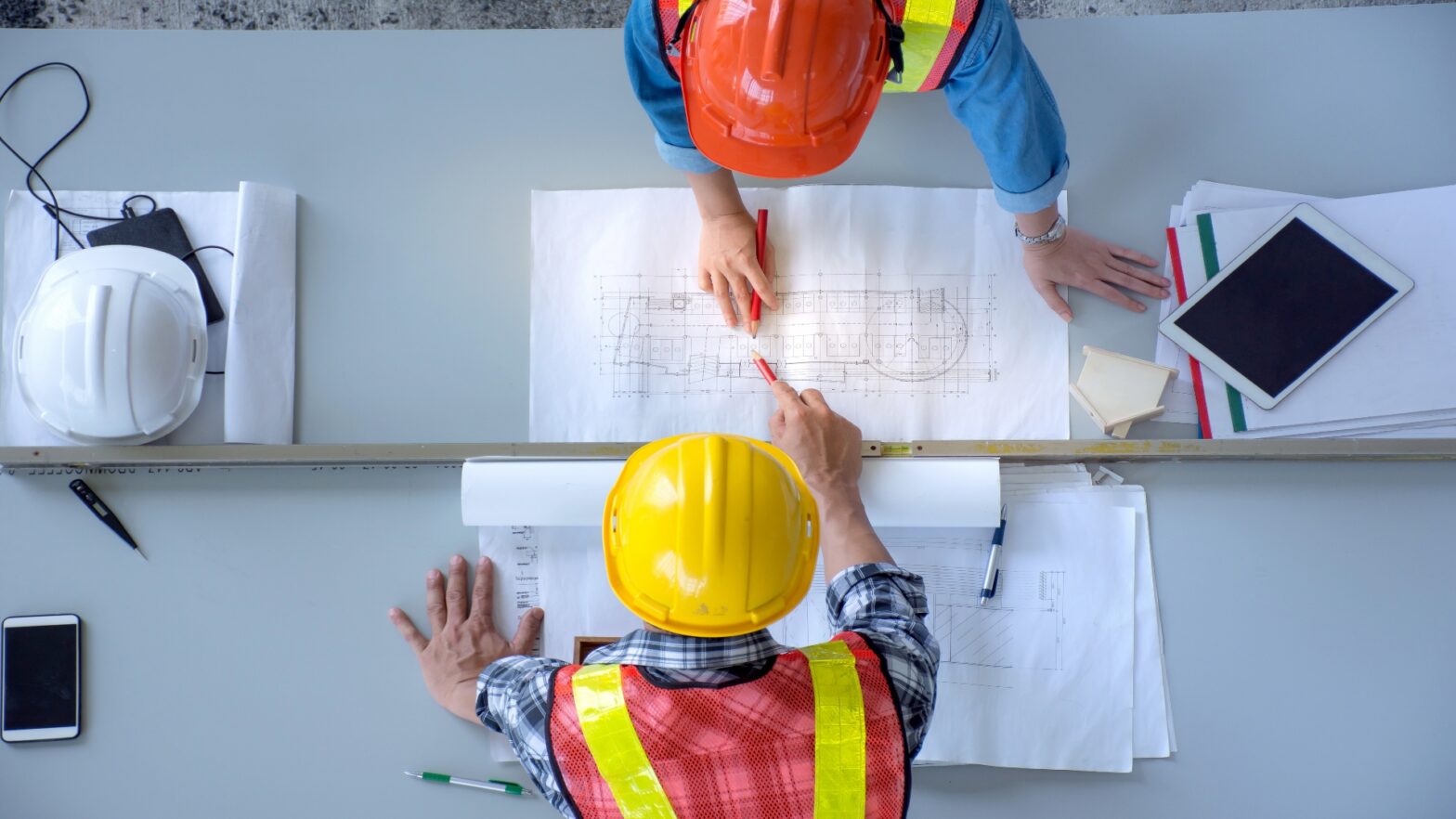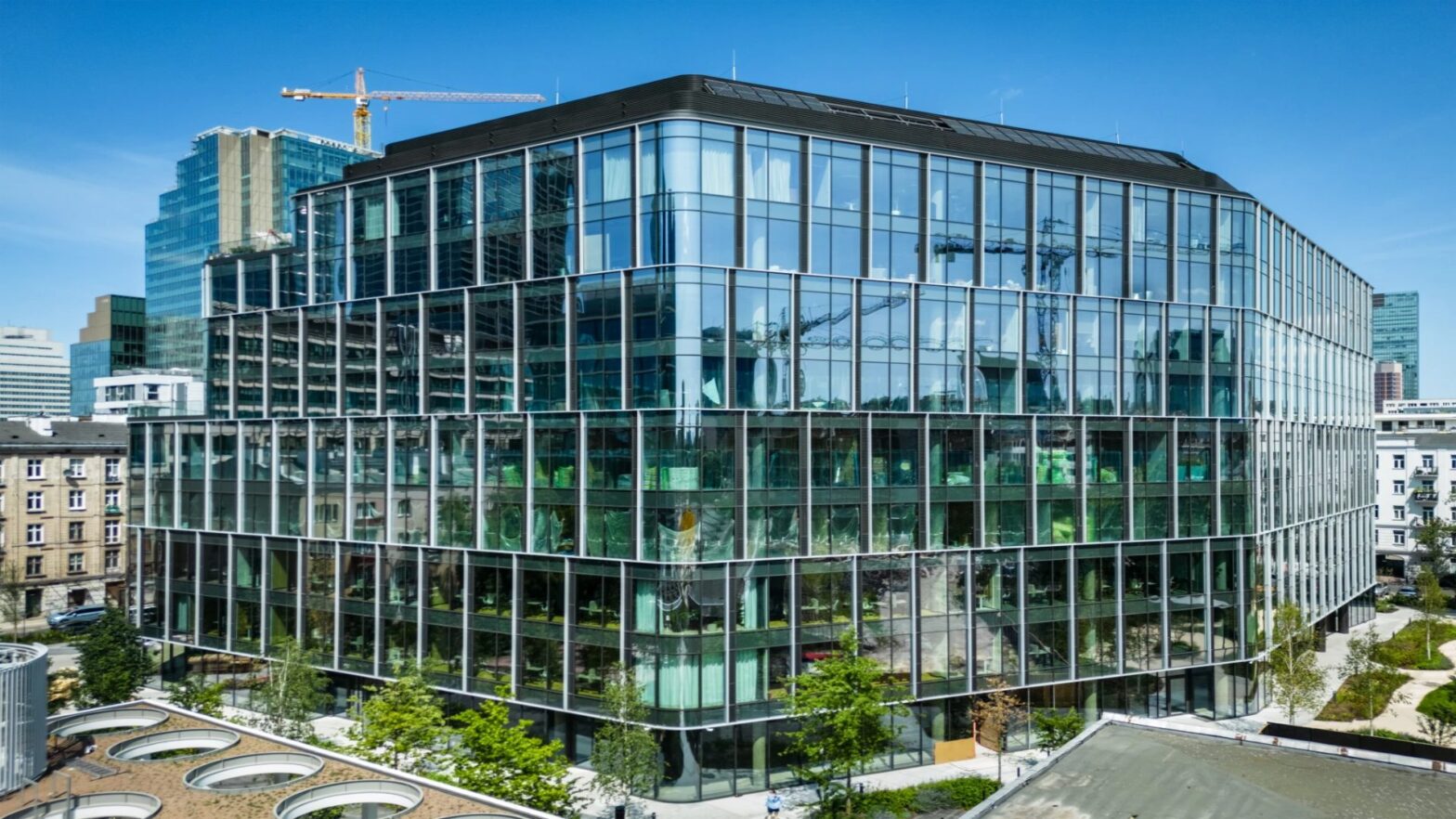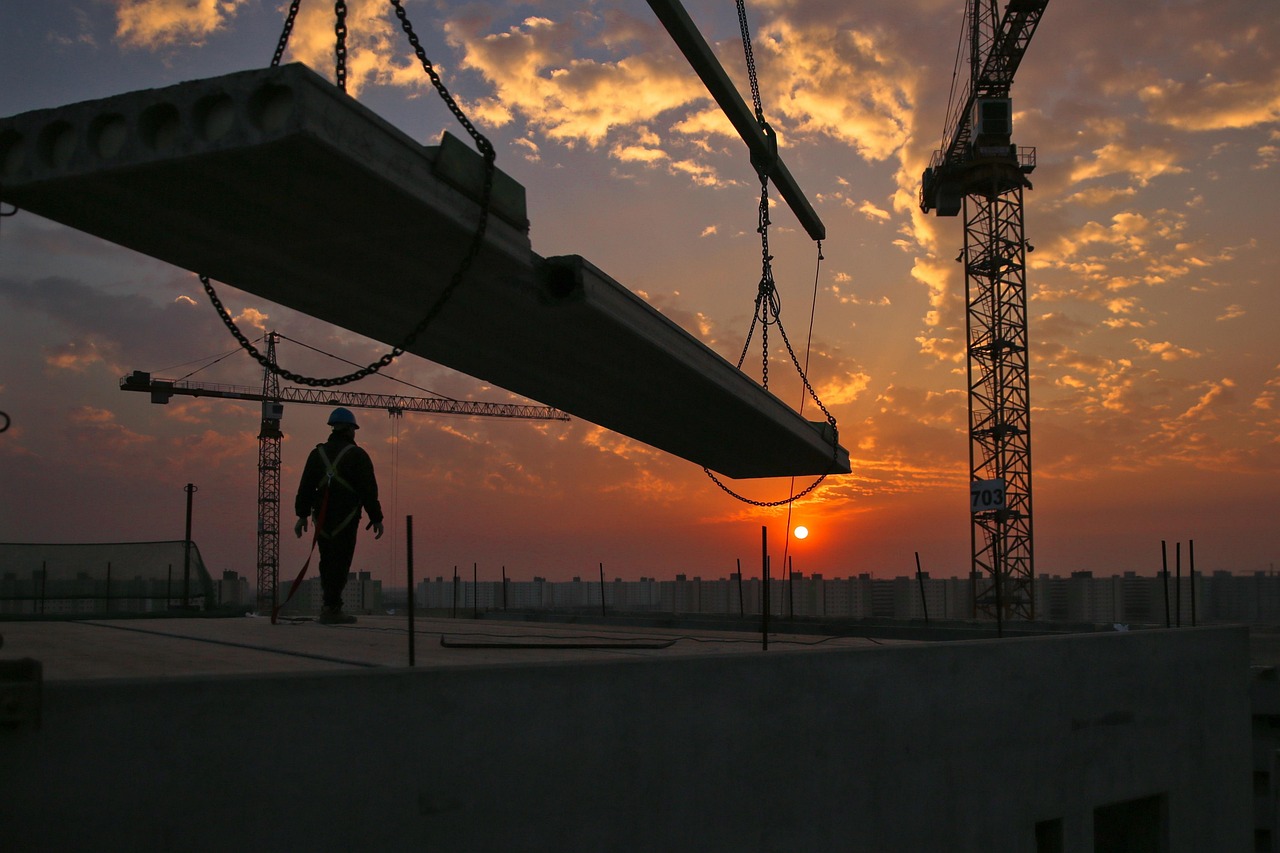Modern building sustainability extends far beyond eco-friendly materials and energy-efficient designs. The ongoing maintenance of building systems represents a crucial yet often overlooked sustainability factor. When selecting a certified appliance repair company for commercial properties, developers and property managers should prioritize organizations with a comprehensive understanding of their impact on building longevity. A specialized commercial appliance repair company with expertise in property maintenance contributes significantly to sustainable building practices by extending equipment lifespans and reducing operational waste.
The Foundation of Long-Term Building Performance
The construction industry has undergone a remarkable transformation in recent years, with sustainability becoming a cornerstone of modern building practices. Green building certifications, renewable energy integration, and carbon-neutral construction have rightfully captured widespread attention. However, beneath these visible sustainability achievements lies a critical component that often remains hidden: the maintenance infrastructure that preserves building performance throughout its operational lifetime.
Consider the complexity of today’s commercial buildings. From sophisticated HVAC systems that automatically adjust to occupancy patterns to smart kitchen appliances that optimize energy consumption, these structures represent marvels of engineering efficiency. Yet without proper ongoing care, even the most environmentally advanced building can quickly deteriorate into an energy-wasting liability.
This reality fundamentally reframes how we should view appliance repair services within the construction ecosystem. Rather than treating maintenance as an afterthought, forward-thinking property managers recognize these services as essential sustainability partners. Every piece of equipment that receives expert care instead of premature replacement represents a victory for both environmental responsibility and economic efficiency.
Embracing Circular Economy Principles Through Expert Maintenance
The circular economy model offers a compelling framework for understanding the true value of quality appliance repair services. This approach emphasizes keeping resources in productive use for as long as possible, extracting maximum value before recovery and regeneration. In commercial buildings, this philosophy translates directly into extending equipment lifespans through strategic maintenance partnerships.
The environmental mathematics are striking when comparing repair versus replacement scenarios. Take a typical commercial dishwasher experiencing operational issues. Without access to qualified repair expertise, property managers might default to replacement, creating a cascade of environmental costs: the embodied carbon in the discarded unit, manufacturing energy for the new appliance, transportation emissions throughout the supply chain, and extraction of virgin materials for production.
This wasteful cycle directly contradicts sustainable building principles and represents a missed opportunity for environmental stewardship. When property developers establish relationships with knowledgeable appliance repair companies, they actively participate in closing resource loops and supporting circular economy practices.
Experienced repair technicians possess specialized knowledge that enables them to salvage equipment that less qualified individuals might consider beyond repair. Their expertise encompasses sourcing appropriate replacement parts, performing manufacturer-approved repairs, and implementing modifications that significantly extend equipment lifespans.
Navigating the Smart Building Revolution
The integration of advanced technology systems has fundamentally altered the landscape of commercial building operations. Internet of Things sensors, artificial intelligence-driven optimization systems, and integrated building management platforms offer unprecedented opportunities for energy efficiency. However, these technological advances also create new maintenance challenges requiring specialized expertise.
Modern commercial appliances increasingly function as components within larger building ecosystems rather than standalone equipment. A contemporary refrigeration system might communicate continuously with central energy management systems, adjusting operations based on occupancy patterns and utility pricing structures. When such integrated systems experience malfunctions, repair expertise must extend beyond traditional mechanical knowledge to encompass control interfaces and system integration points.
This technological evolution has elevated the role of appliance repair companies within building maintenance hierarchies. Today’s repair specialists must navigate complex diagnostic procedures for interconnected systems while maintaining proficiency in traditional mechanical repair techniques.
maintenance programs deliver substantially greater sustainability and economic benefits. By establishing comprehensive service schedules with qualified appliance repair companies, building operators can identify potential failures before they occur, optimize equipment performance to reduce energy consumption, and extend appliance lifespans through proactive care.
This approach transforms the traditional relationship between buildings and maintenance providers from crisis response to strategic partnership. Rather than waiting for equipment failures, technicians become active participants in sustaining building performance through regular inspections, performance optimizations, and predictive interventions.
Real-world applications demonstrate this approach’s power. A major retail complex implemented a comprehensive preventative maintenance program with specialized commercial equipment repair services. The results exceeded expectations: energy consumption decreased by 28%, emergency repair incidents dropped by 71%, and equipment replacement cycles extended by an average of 3.2 years across the facility.
Economic Justification for Quality Maintenance Services
The business case for partnering with qualified appliance repair services extends well beyond immediate cost savings. Comprehensive economic analysis must consider multiple factors: emergency repair expenses versus preventative maintenance investments, energy efficiency losses from poorly maintained equipment, premature replacement costs, operational disruptions during equipment downtime, and tenant satisfaction implications.
For commercial properties, these economic considerations scale dramatically. A single day of refrigeration system failure can result in product losses exceeding tens of thousands of dollars. HVAC system malfunctions might trigger lease penalties or drive tenant departures.
Progressive property developers now incorporate maintenance planning into initial construction budgets, recognizing that building performance must be evaluated across entire lifecycles.
Selecting Optimal Maintenance Partners
For building professionals seeking to integrate repair services into comprehensive sustainability strategies, partner selection becomes a critical success factor. Key evaluation criteria should encompass technical certification and ongoing training programs, experience with integrated building systems, parts inventory management capabilities, response time guarantees, preventative maintenance offerings, and manufacturer relationships.
The ideal appliance repair company demonstrates commitment to both technical excellence and sustainability principles, understanding their role extends beyond addressing immediate issues to supporting overall building performance objectives. When evaluating potential partners, request detailed case studies demonstrating their impact on similar properties.
The Integrated Future of Building Performance
As construction practices continue emphasizing sustainability, the importance of quality appliance repair services will intensify. These specialized companies have evolved from simple maintenance providers to essential partners in preserving building performance over extended timeframes.
The future of sustainable construction depends not only on innovative designs but on ongoing care that preserves performance for decades.





























